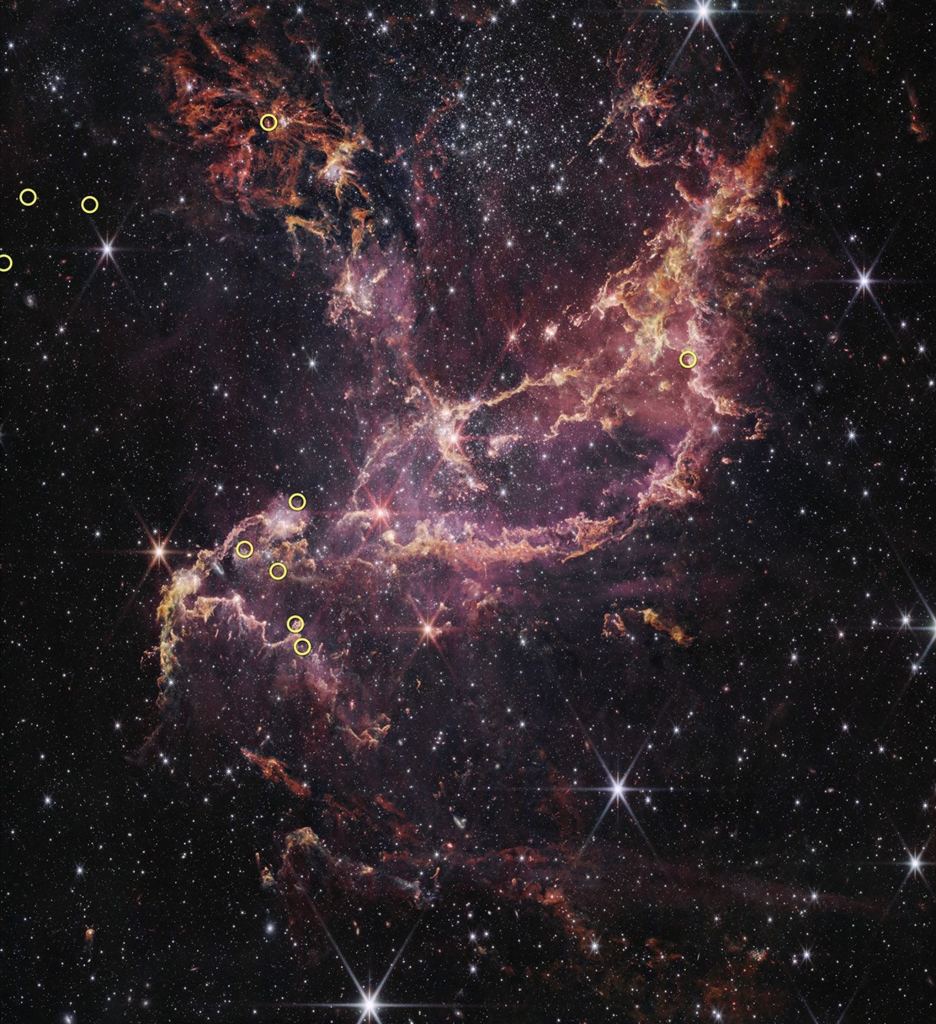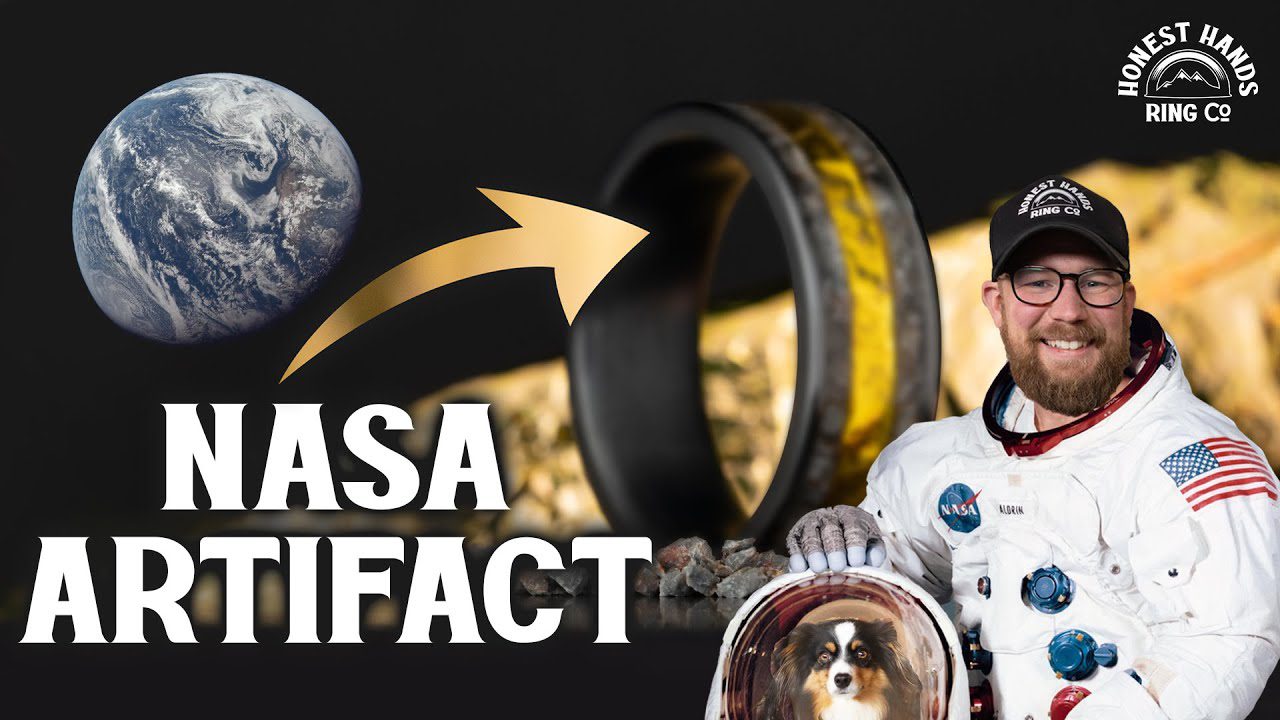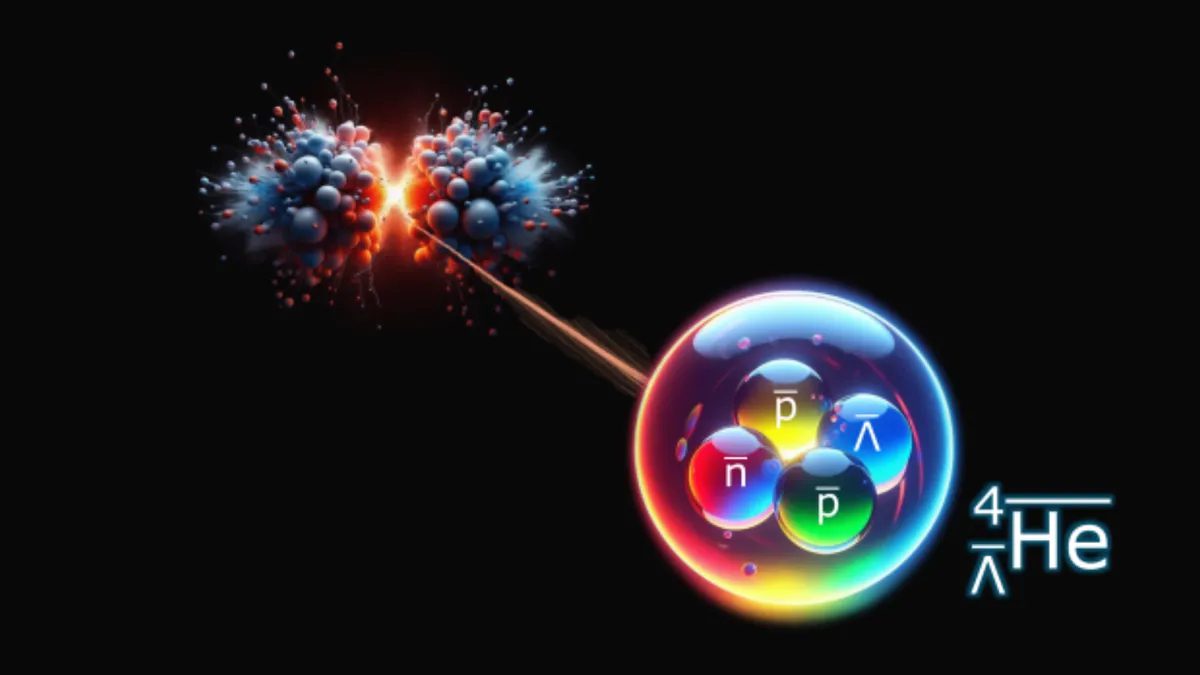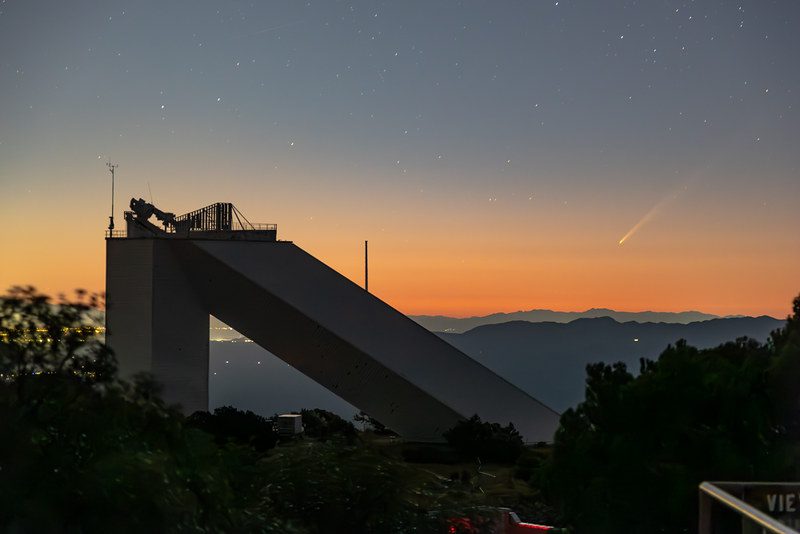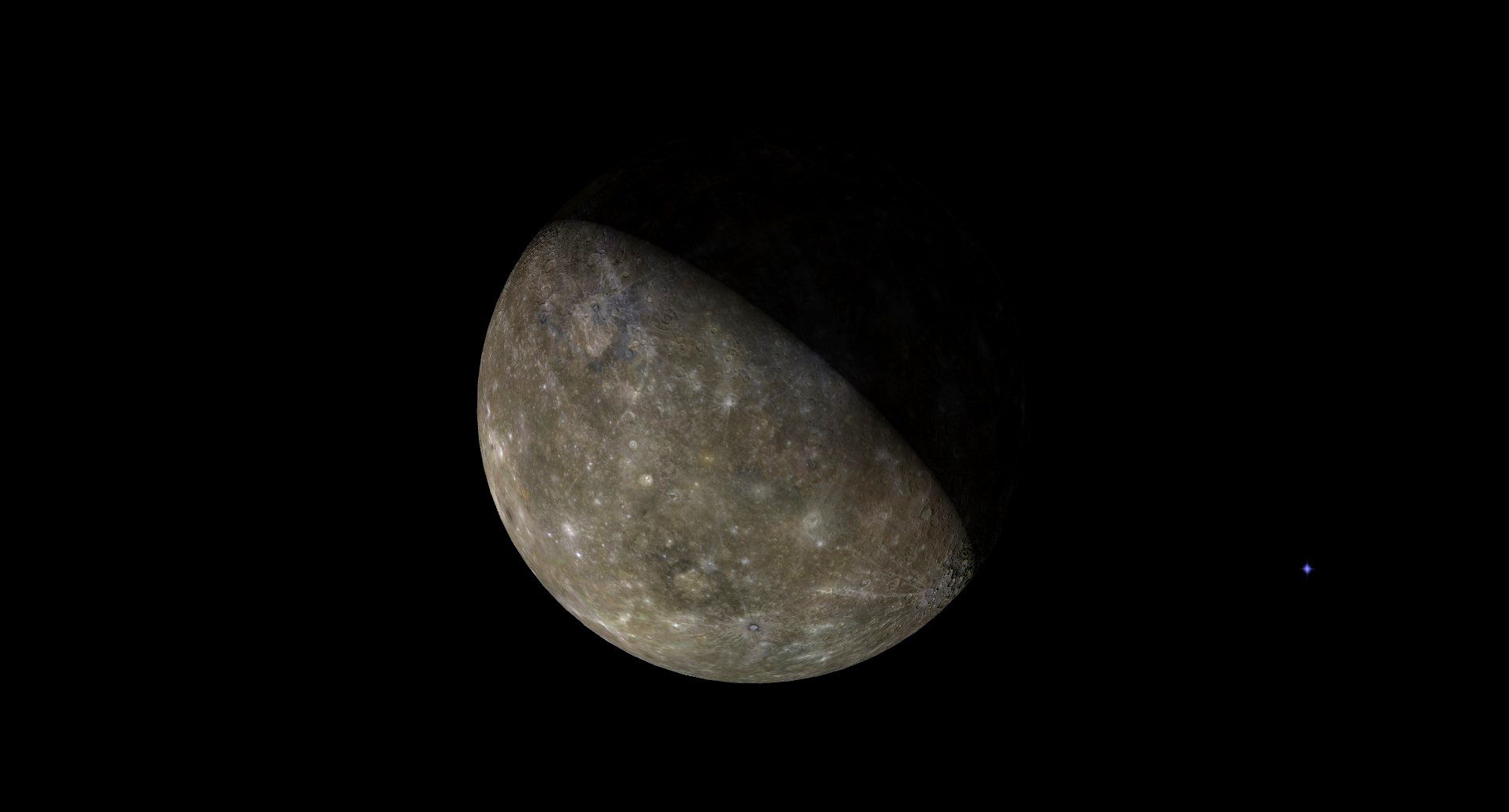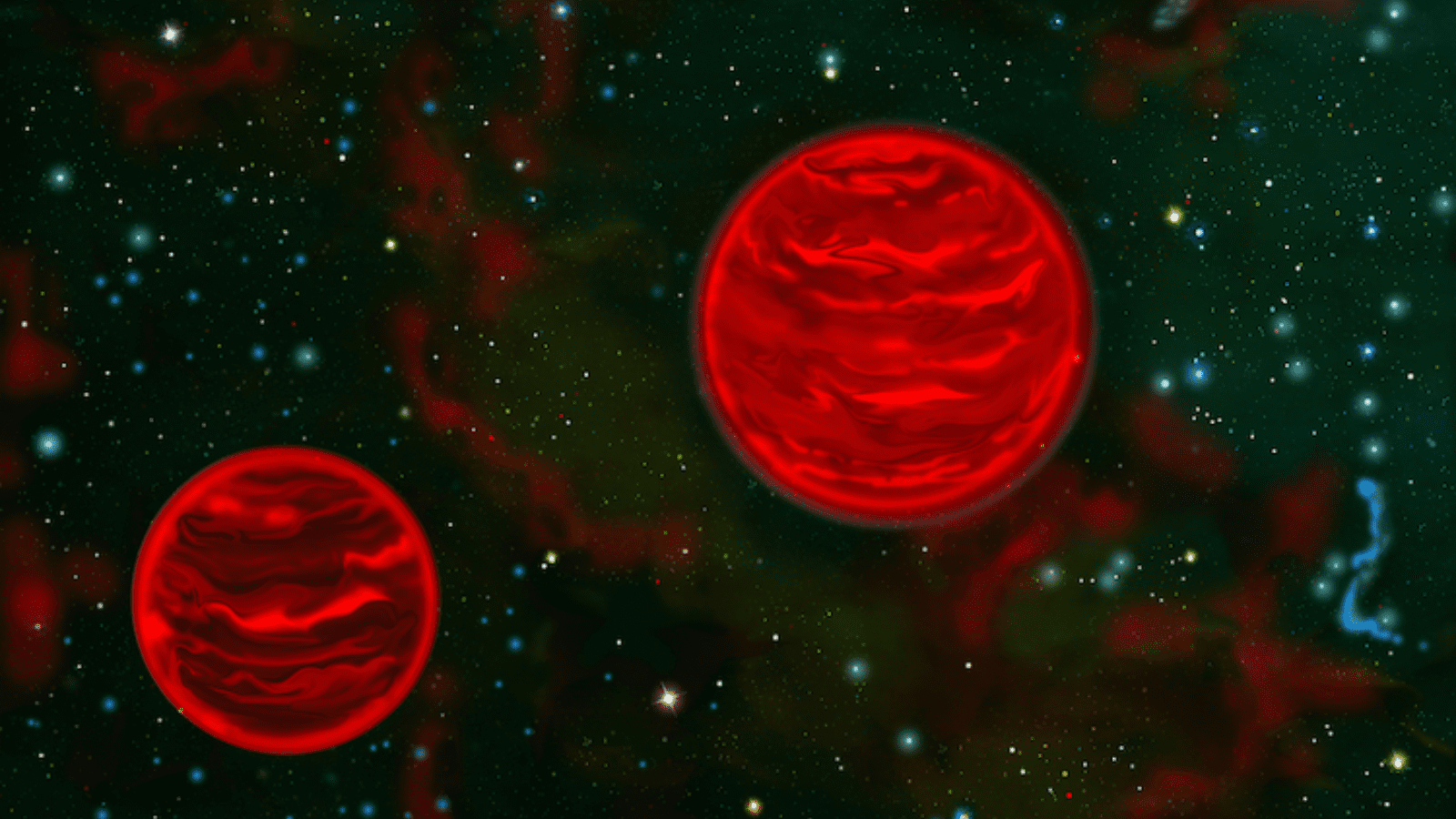Webb Observes Protoplanetary Disks that Contradict Models of Planet Formation
The James Webb Space Telescope (JWST) was specifically intended to address some of the greatest unresolved questions in cosmology. These include all of the major questions scientists have been pondering since the Hubble Space Telescope (HST) took its deepest views of the Universe: the Hubble Tension, how the first stars and galaxies came together, how … Read more
